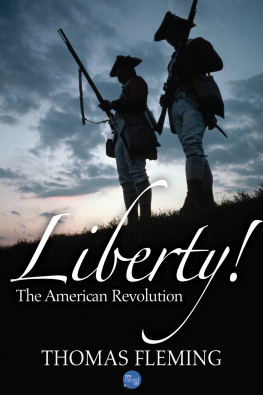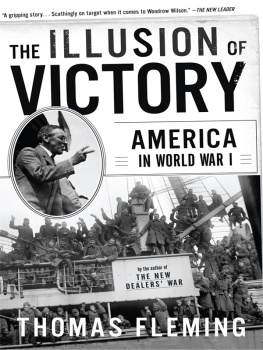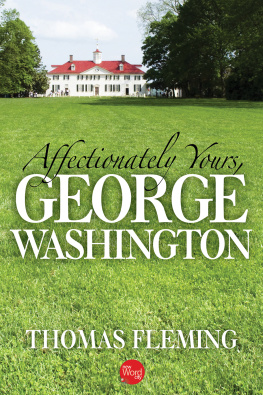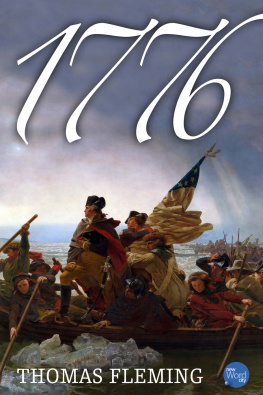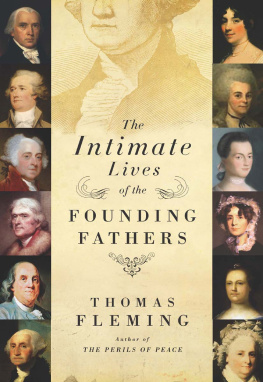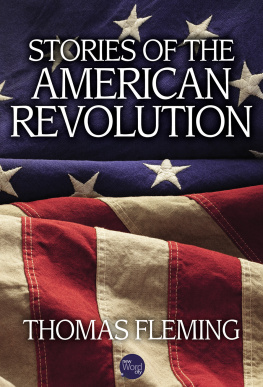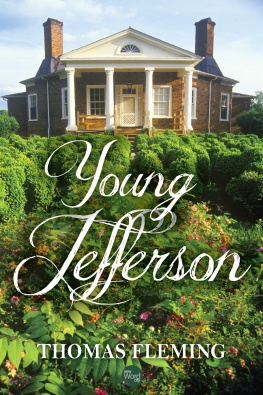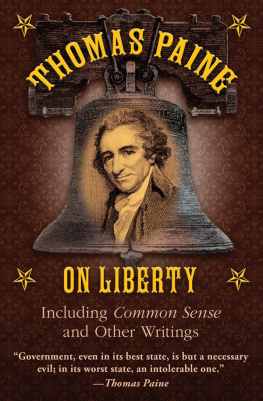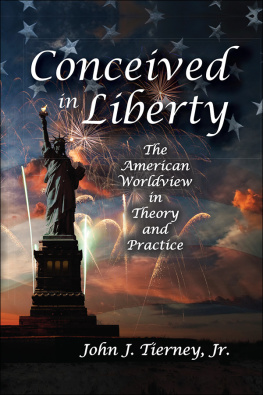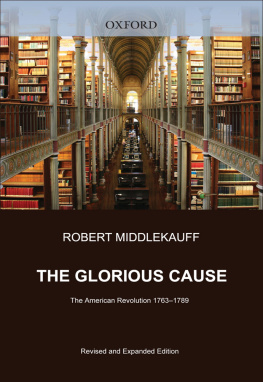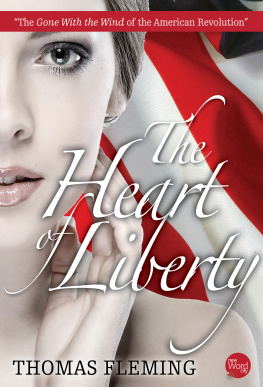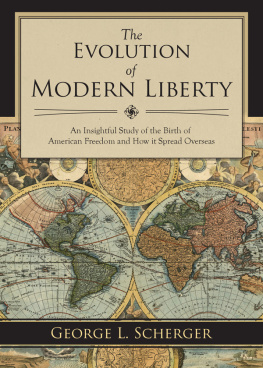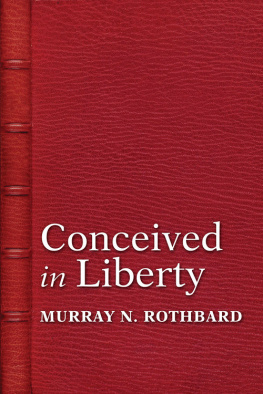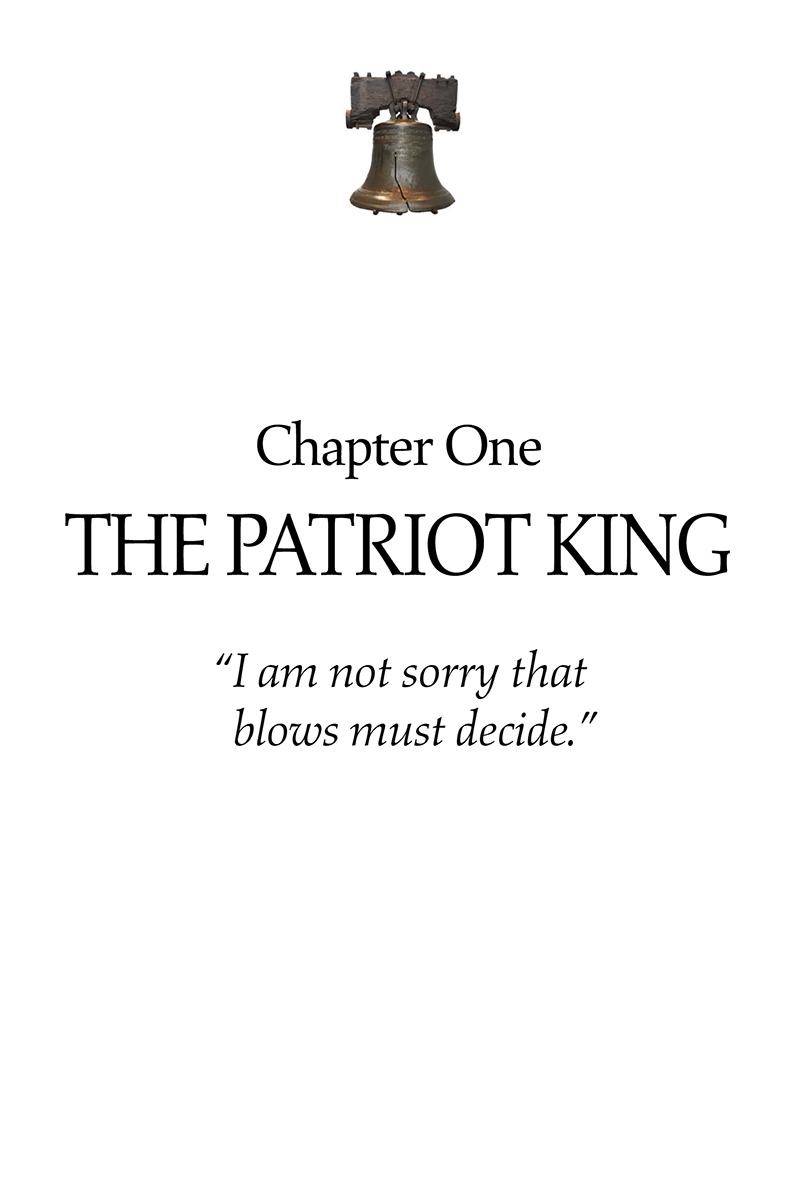I am not sorry that blows must decide
- George III
On October 25, 1760, King George II - the seventy-seven-year-old ruler of England, Wales, Scotland, Ireland, the Duchy of Hanover, and numerous imperial colonies in Africa, India, the West Indies, and North America woke up as usual at 6 A.M. in Kensington Palace and drank his morning cup of chocolate. At 7:15, a royal page heard a thud. Rushing in, he found the king dead.
Word of the kings demise was dispatched to Kew House, the palace on the outskirts of London where George IIs grandson, twenty-two-year-old George III , the Prince of Wales, lived with his mother, Princess Augusta , and his other siblings. He immediately set out for London. Before nightfall, he conferred with his grandfathers chief ministers, Secretary of State William Pitt and First Lord of the Treasury Thomas Pelham-Holles , the Duke of New Castle .
The attitude of George III toward these men, who were embroiled in the Seven Years War , one of the greatest conflicts the world had yet seen, was peculiar. In the new kings lexicon, Newcastle was my grandfathers knave and counselor. Pitt, known as the Great Commoner for his stirring oratory in the House of Commons, had rescued England from the brink of defeat by transforming the war with France into a struggle for an empire of liberty. Nevertheless, to the new king, Pitt was the blackest of hearts and the most dishonorable of men.
Only a few were aware of these opinions: The two most important were his former tutor, Scottish peer John Stuart , Earl of Bute, and Princess Augusta. For years, George had fumed over the failure of Pitt and Newcastle to pay heed to Butes advice. This tendency to mingle the personal and the political in dark conspiratorial terms was ominous.
Everyone in fashionable London believed Bute (pronounced boot) was Princess Augustas lover. This rumor, of which Horace Walpole , son of a previous prime minister, was as convinced as if I had seen them together, was almost certainly untrue, but it was another indication that the reign of George III was to be turbulent.
George, be a king! his mother reportedly had told her oldest son as he grew to manhood. Modern historians scoff at the story, but his father Frederick , who had died when George was thirteen, had unquestionably issued similar exhortations to his son. After Fredericks death, Augusta read his testament to George, which urged him to retrieve the glory of the throne... I shall have no regret never to have wore [sic] the crown if you but fill it worthily.
Along with this entreaty, Frederick left a book, The Idea of a Patriot King, which one of his followers had dedicated to him. Whether George III read it is moot, but there is no doubt he absorbed its basic idea - that England needed such a monarch to rescue the throne from the dominance of factions. The author was actually referring to the dominance of Parliament, because he yearned for the days when Parliament did the kings bidding, not vice-versa. England had fought a civil war in the previous century to establish Parliaments independence from royal control.
The Earl of Bute had reinforced this summons to battle by describing George II as an old fool, easily manipulated by mistresses and cabinet ministers - and portraying Parliament as an institution in the grip of politicians who constantly put their interests ahead of the nations welfare. There was some truth to Butes criticism of Parliament. In 1760, it was a mostly closed corporation, ruled by descendants of the noblemen who had ousted King James II in the Glorious Revolution of 1688 because they suspected he was plotting with fellow Catholics to create an absolute monarchy. These so-called Whig lords had gained more power in 1714, when Queen Anne died without heirs, and they invited the German Protestant rulers of the Duchy of Hanover to the British throne. Owing their crowns to the men who had created them, and frequently threatened by James IIs ousted descendants, George I and George II were in no position to exert much authority. As England became an imperial mercantile state, the Whig noblemen felt free to enrich themselves from its wars and conquests. They maintained control of Parliament thanks to an antiquated electoral system that permitted only 2 percent of the population to vote.
A patriot king was not the answer to this problem. An aristocrat himself, the king would be unlikely to appeal to the people to help check the power of the Whig nobles. All he could do was attempt to bend the Whigs to his will with the same devices they used to stay in power: bribery, patronage, and favors. Yet Bute assured George he could redeem the realm by reigning as this idealized monarch - with Bute at his side, dispensing advice. Eventually, Bute promised, George would reign as a beloved father of his country, the ultimate title that a paternalistic age bestowed on a good king. The prince grew to worship his self-assured, seemingly wise tutor. The moment George learned of his grandfathers death, he wrote to his dearest friend, saying he would wait till I hear from you to know what further must be done.
Year of Miracles
People called 1759, the year preceding George IIIs ascension to the throne, the annus mirabilis - the year of miracles. It began with news of a victory in West Africa, driving the French from the continent and giving England a virtual monopoly in the lucrative slave trade. Then a British amphibious assault captured Guadeloupe, the wealthiest French West Indian sugar island. Next Major General James Wolfe ousted France from North America with his conquest of the fortress city of Quebec. British and Hanoverian infantry in Europe shattered a huge French army at the Battle of Minden , while Prussia, operating on a British subsidy of almost 1 million a year, kept Austria and Russia at bay. In the Mediterranean, the British navy smashed the French Toulon fleet and, at Quiberon Bay on the coast of Brittany, it nearly annihilated King Louis XV s Atlantic squadron. In India, Robert Clive continued the string of triumphs he had begun in 1757, destroying the French as an Asian power in a final victory at Pondicherry as 1760 began. By spending money on an unprecedented scale and choosing generals and admirals for their talent rather than their connections, William Pitt had created a powerful war machine.
Victories come so tumbling over one another from distant parts of the globe that it looks like the handiwork of a London romance writer, Horace Walpole wrote one of his many correspondents. The Romans were 300 years conquering the world. We subdued [it] in three campaigns, he told another.
In the aura of these victories, George IIIs youth, his apparent eagerness to serve his people, and his avowed pride in being English unleashed a tidal wave of enthusiasm and hope throughout the empire. Not since 1558, when Elizabeth I was crowned, had the country seen such a young monarch. To many, George heralded the dawn of a golden age. One hears nothing of the king, poet and scholar Thomas Gray wrote to a friend, but what gives one the best opinion of him imaginable.
This was by no means the view of politicians who dealt with the king personally. The monarch informed the Duke of Newcastle, who presided over dispensing jobs, government contracts, and favors that kept him and Pitt in office, that henceforth he would take orders from Lord Bute. Too much in love with power to quit, Newcastle swallowed the humiliation in silence.
In the first full cabinet meeting on the night of George IIs death, George III similarly attempted to browbeat Pitt. The new king read to his ministers a statement by Lord Bute. The paragraph declared Georges tenderest affection for this my native country and his determination to preserve and strengthen the Constitution. It closed with his hope that the bloody and expensive war would soon end.

